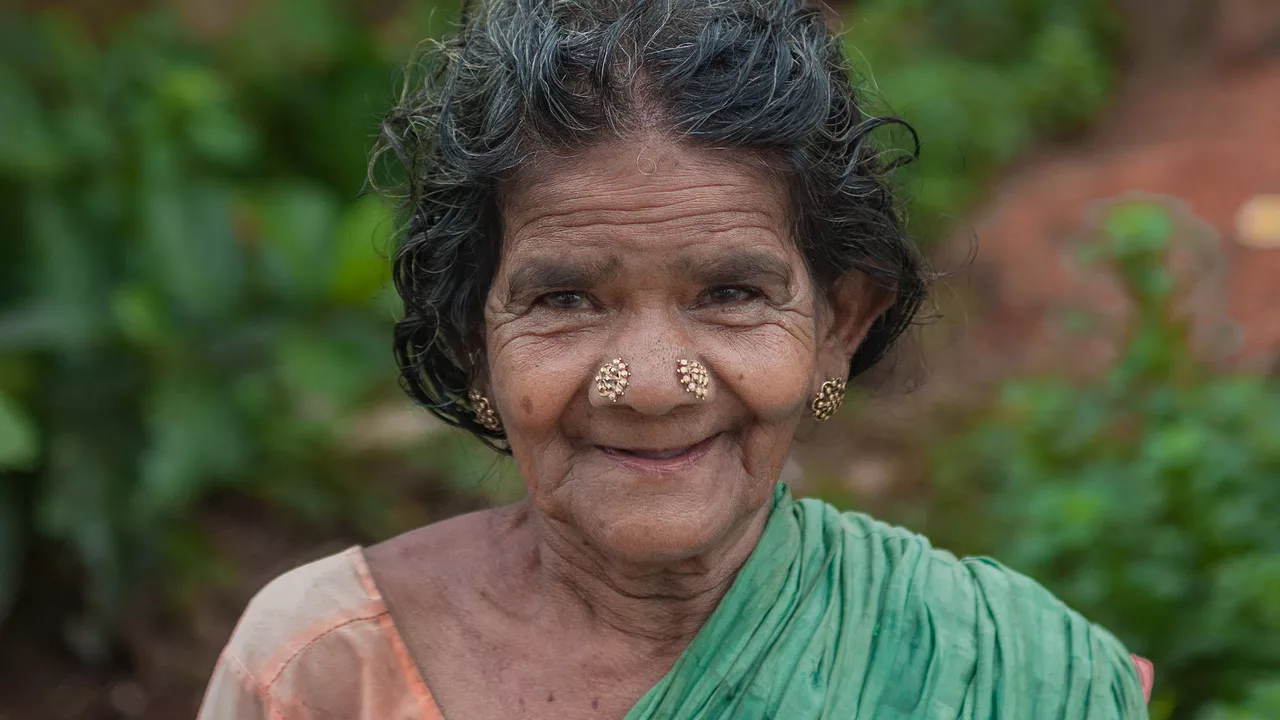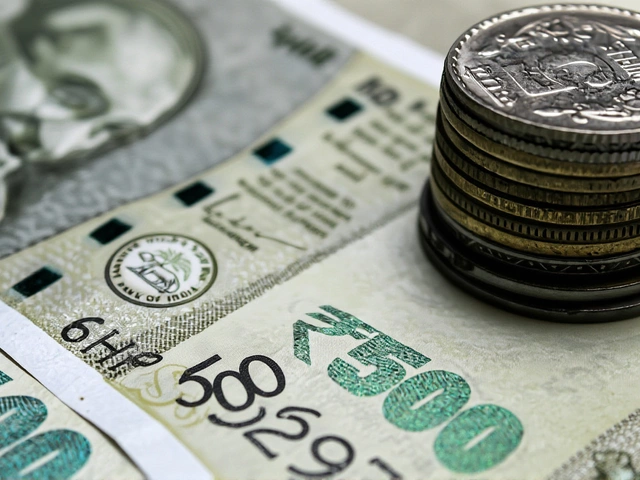Aging: What You Need to Know Today
Everyone wonders what aging really means for their body and mind. It’s not just about getting older; it’s about how you feel, move, and think as the years roll by. On this page we gather the most recent stories, expert advice, and easy‑to‑use tips that can help you stay sharp and healthy, no matter your age.
Why Aging Happens
At its core, aging is a natural wear‑and‑tear process. Cells lose a bit of their ability to repair themselves, hormones shift, and metabolism slows down. Scientists call this “cellular senescence,” and they’re racing to find ways to slow it down. Recent research shows that regular exercise, a balanced diet, and good sleep can keep those senescent cells in check, making you feel younger than the number on your birthday cake.
Another big factor is inflammation. Low‑grade inflammation builds up over years and can lead to joint pain, fatigue, and even chronic diseases. Simple habits like eating more leafy greens, cutting back on processed sugar, and staying active can lower inflammation levels dramatically.
Practical Ways to Age Better
First, move daily. You don’t need a marathon; a 30‑minute walk, light yoga, or a quick set of body‑weight exercises can boost muscle mass and improve balance. Strong muscles protect bones and reduce fall risk, which is a leading cause of injury in older adults.
Second, eat smart. Focus on whole foods: fruits, vegetables, nuts, and lean proteins. The Mediterranean diet, rich in olive oil and fish, has been linked to longer, healthier lives. Adding a handful of berries or a splash of turmeric to your meals can give an extra antioxidant punch.
Third, protect your brain. Social interaction, puzzles, and learning new skills keep neural pathways active. Even listening to music or learning a new language can sharpen memory and delay age‑related decline.
Sleep matters, too. Aim for 7‑8 hours of quality rest. A dark, cool bedroom and a consistent bedtime routine help your body release growth hormone, which repairs tissues overnight.
Finally, stay on top of health checks. Regular screenings for blood pressure, cholesterol, and bone density catch problems early. Talk to your doctor about vaccines, like the flu shot and shingles vaccine, which become more important with age.
By mixing movement, nutrition, brain‑boosting activities, good sleep, and routine medical care, you can turn aging into a phase of life that feels vibrant and empowered. Browse the articles below for deeper dives into each of these topics and stay informed with the latest aging news on Insightful News Hub.





